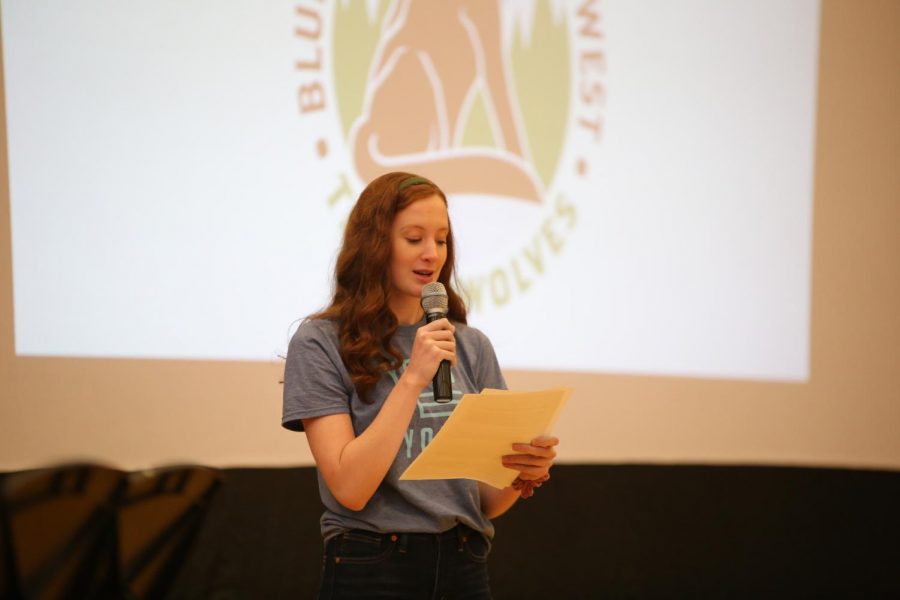According to Gallup.com, a general statistics website, many Americans celebrate the holiday in ways that go beyond exchanging gifts and holiday greetings. Decorating the house, having parties or baking cookies are some common activities that come with the Christmas celebration. Twelve percent of the American population believe they spend a lot more time and effort on these activities than most people they know.
Along with Christmas comes the Jewish holiday of Hanukkah, or Chanukah. Lasting for eight days straight, Hanukkah, meaning ‘re-dedication’, commemorates the re-dedication of the Second Temple, an important shrine where Jewish worships took place in Jerusalem.
The actual days of Hanukkah are not the same year to year because the Hebrew Calendar varies. Hannukah is normally on the 25 day of Kislev, which can range from late November to late December. This year, Hanukkah will be on Dec. 21.
“To me, Hanukkah is a celebration of my faith, family, culture and my country,” junior Liran Ziegelman said. “Hanukkah is a special holiday because it is a holiday everyone can appreciate someway or another.”
Often called the Festival of Lights, the Hanukkah celebration revolves around lighting a nine-branch menorah. On each of the eight nights, during sundown, a candle, representing each day, is lit by the ninth candle.
“What my family does is we light the candles and listen to Hanukkah music,” Ziegelman said. “Then my brothers and I spin and spin to the music about dreidels until we fall over.”
Completing the trio of December holidays is the week-long event, Kwanzaa. Based off the Swahili saying ‘matunda ya kwanza’, translated to ‘first fruits’. Kwanzaa is an African American and Pan-African holiday celebrated by millions around the world.
Beginning on Dec. 26 and going til Jan. 1, Kwanzaa brings a cultural message and speaks to the best of what it means to be African and human in the fullest sense.
For every family, each Kwanzaa celebration is different but they normally include songs and dances, poetry reading, storytelling and a large traditional meal to be shared throughout the family. Also, on each of the seven nights, a child lights one of the candles on the Kinara (candleholder). Each candle and day represents one of the seven principles, this set of principles created by Dr. Maulana Karenga, the creator of Kwanzaa. These seven principles are unity, self-determination, collective work and responsibility, cooperative economics, purpose, creativity and faith.
Even with Christmas being widely celebrated, it is also not the only holiday in December. Hanukkah and Kwanzaa are two holidays that hold their own with Christmas and generate their own traditions and customs. So with the frost and snow, comes three holidays that never fail to bring cheer.


